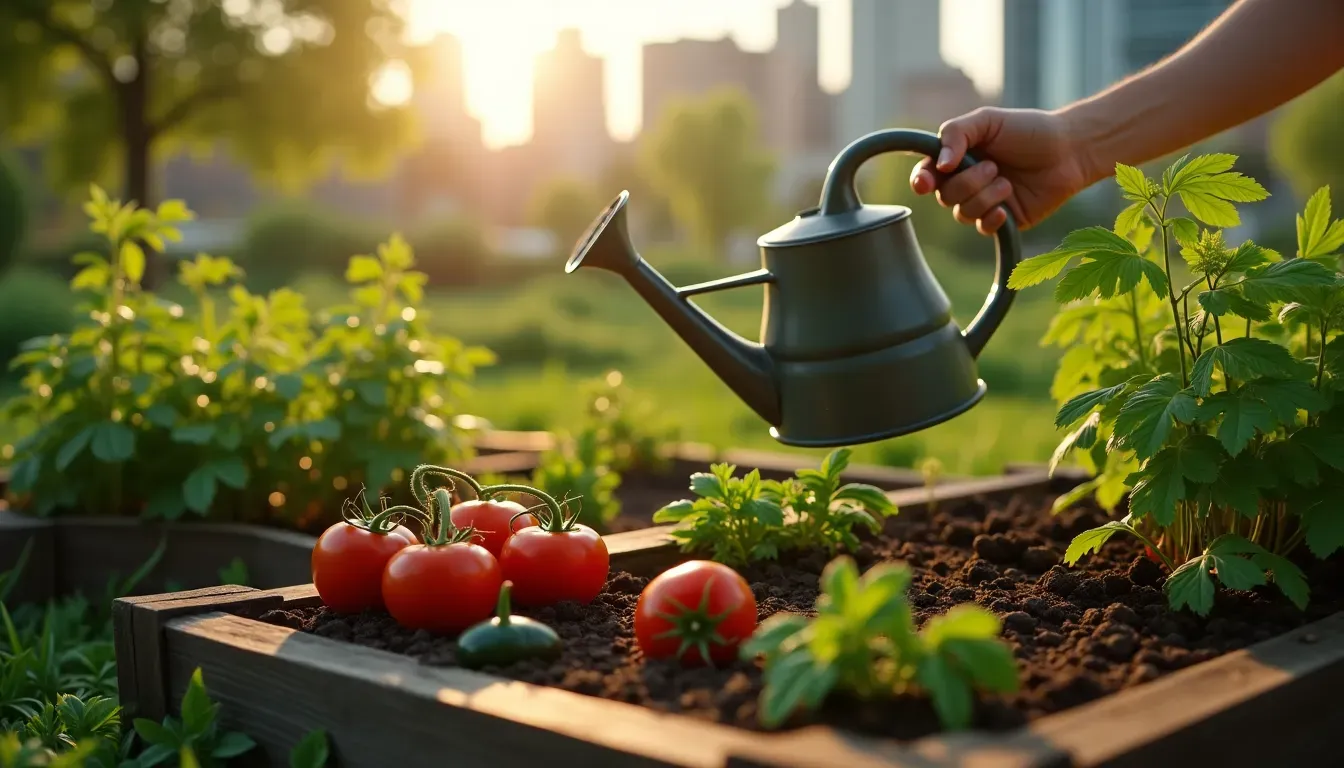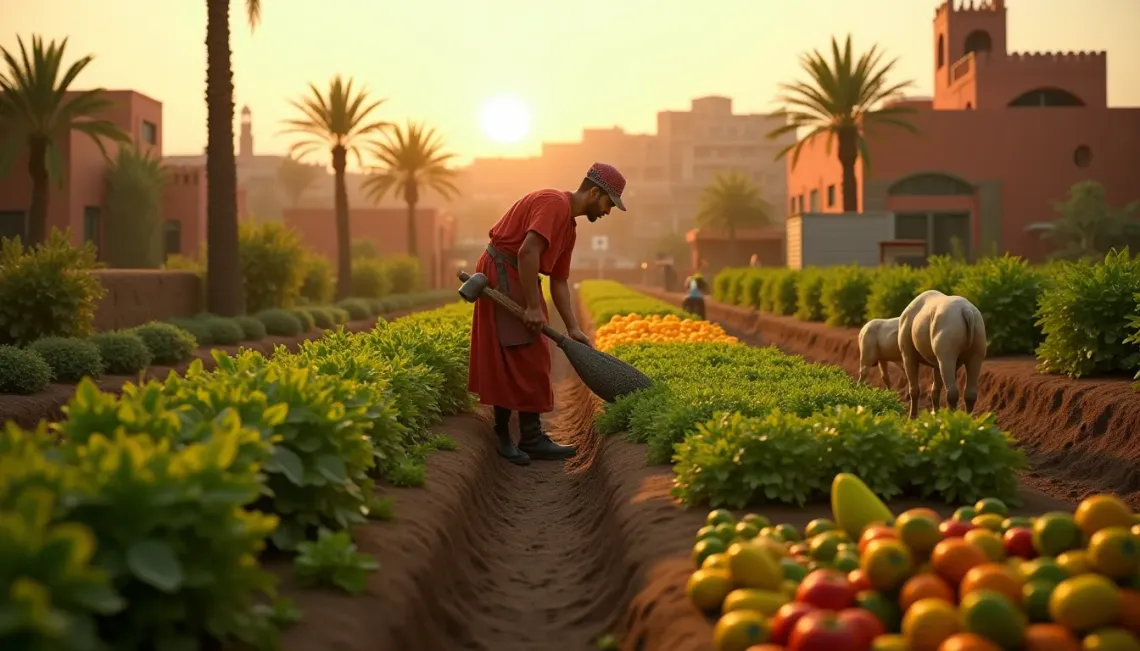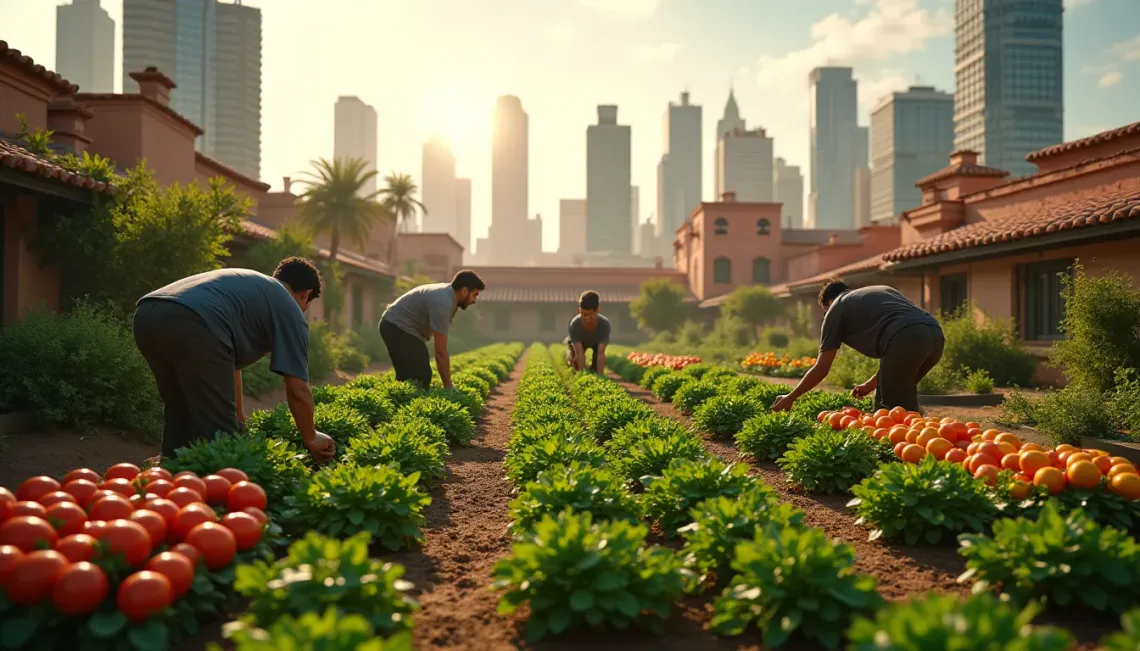Exploring the realm of urban farming can be an enriching journey, especially for those seeking new ways to embrace sustainable agriculture within city limits. This beginner's guide to urban gardening will furnish you with essential tips on starting your own green space and reaping the benefits of this innovative agricultural practice.
Understanding Urban Farming
At its core, urban farming involves cultivating, processing, and distributing food in or around urban areas. It's a response to increasing urbanization and a desire for sustainable practices. Urban farming not only provides a fresh food source, but also enhances food security, promotes healthier eating, and revitalizes communities.
Why Start an Urban Garden?
Engaging in urban gardening provides numerous benefits:
- Accessibility: Easily grow food close to home.
- Environmental Impact: Reduce carbon footprint by minimizing the transportation of food.
- Community Building: Collaborate with neighbors and participate in local agriculture projects.
Getting Started: A Beginner's Guide to Your Green Space
Initiating your urban farm involves several considerations and steps to ensure success.
Choosing the Right Location
Identifying an optimal space is crucial. Consider areas like rooftops, balconies, and unused plots of land. Ensure your chosen site receives adequate sunlight and has good soil drainage. Container gardens are excellent alternatives for limited spaces.
Selecting Suitable Crops
Picking crops that thrive in limited spaces and local climate conditions is key. Popular choices for beginners include:
- Herbs like basil and mint.
- Leafy greens such as lettuce and spinach.
- Fruit-bearing plants like tomatoes and peppers.
Gathering Necessary Tools and Materials
Before you commence your sustainable agriculture journey, gather essential tools:
- Quality soil and compost for nutrition.
- Appropriate containers and planters.
- Gardening tools like trowels and watering cans.
- Environmentally friendly pest control solutions.
Maintaining and Expanding Your Urban Garden
Once your urban farming project is underway, nurturing and possibly expanding it is the next step. Regularly check moisture levels, manage pests organically, and rotate crops to maintain soil health. Consider scaling by integrating vertical gardens or hydroponic systems for increased yield.
Engaging with the Community
Join local gardening clubs or online forums to enhance your urban gardening knowledge and network with fellow enthusiasts. Participating in communal projects can offer insights about other related topics like composting basics and efficient water conservation techniques.
Beginning your journey in urban farming is not just about growing plants; it's about creating a lifestyle centered around sustainability and community cohesion. With this beginner's guide to starting your own green space, you’re well-equipped to cultivate a thriving urban garden and contribute positively to your urban environment.




